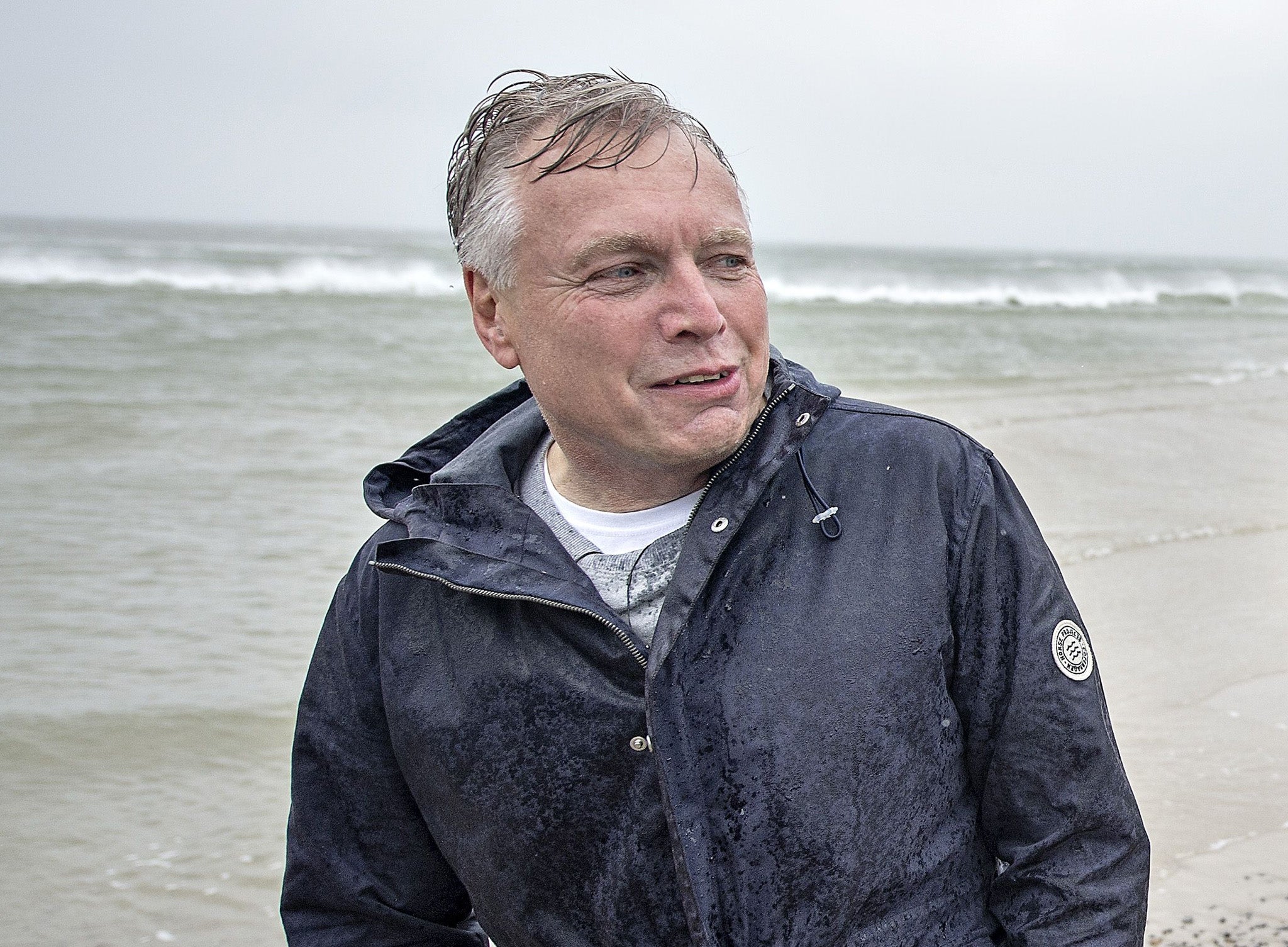Facebook bans Danish MP for posting nude images
Alternative Party leader Uffe Elbæk criticised the social media site following the decision

Your support helps us to tell the story
From reproductive rights to climate change to Big Tech, The Independent is on the ground when the story is developing. Whether it's investigating the financials of Elon Musk's pro-Trump PAC or producing our latest documentary, 'The A Word', which shines a light on the American women fighting for reproductive rights, we know how important it is to parse out the facts from the messaging.
At such a critical moment in US history, we need reporters on the ground. Your donation allows us to keep sending journalists to speak to both sides of the story.
The Independent is trusted by Americans across the entire political spectrum. And unlike many other quality news outlets, we choose not to lock Americans out of our reporting and analysis with paywalls. We believe quality journalism should be available to everyone, paid for by those who can afford it.
Your support makes all the difference.A Danish MP was banned from Facebook after posting two images on his page featuring female nudity.
Uffe Elbæk, a former Minister of Culture, uploaded a picture showing a female nude sculpture alongside a famous 1969 shot of Danish artist Lene Adler Petersen walking nude through the Copenhagen Stock Exchange.
He subsequently posted them to Twitter without incident.
Mr Elbæk, leader of the centre-left Alternative Party, told TV2: "I think they are fantastic photos because they are about nudity and power.
Following the ban being issued for breaching the site's rules on naked images, Mr Elbæk commented: "They [Facebook] can of course say that I can just refrain from using [the photos]. But Facebook has gotten so big that it is almost a monopoly."
The politician's ban from the social network proved to be only temporary, however.
Last month, Facebook overturned a decision to censor a famous 1972 photo of a naked Vietnamese girl escaping a napalm attack after a ground swell of protest in Norway.
Responding to the protests, Norway's Prime Minister Erna Solberg posted the historic image on Facebook stating: "Facebook is making a mistake when it censors these types of photos. It contributes to limiting the freedom of expression
"I support a healthy, open and free debate – online and elsewhere. But I say no to this type of censorship."
The social network explained its decisions in a statement: "An image of a naked child would normally be presumed to violate our Community Standards, and in some countries might even qualify as child pornography.
"In this case, we recognise the history and global importance of this image in documenting a particular moment in time."
Join our commenting forum
Join thought-provoking conversations, follow other Independent readers and see their replies
Comments